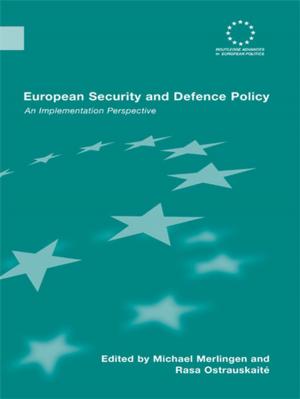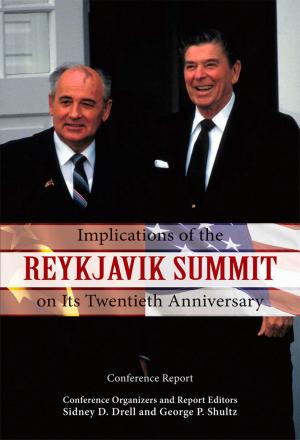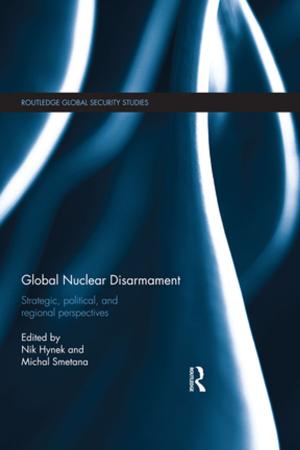Arms Trade
Essential Guide
Nonfiction, Social & Cultural Studies, Political Science, Politics, Arms Control| Author: | New Internationalist | ISBN: | 9781876998097 |
| Publisher: | New Internationalist Publications Pty Ltd | Publication: | June 5, 2012 |
| Imprint: | Essential Guides | Language: | English |
| Author: | New Internationalist |
| ISBN: | 9781876998097 |
| Publisher: | New Internationalist Publications Pty Ltd |
| Publication: | June 5, 2012 |
| Imprint: | Essential Guides |
| Language: | English |
Despite the fact that arms manufacturing in most Western nations ultimately represents vast fortunes of public funds flowing into private coffers for products that deal in injury or death, the industry is usually represented as a source of national pride. So pervasive is its influence that when it comes to matters of spending on arms, the tail often wags the dog, with the requirements of the industry being put before effective strategy. In this easy-to-read mini eBook, Dinyar Godrej presents the New Internationalist guide to the Arms Trade. The arms industry tends to have government's ear. Why, wonders Dinyar, when it is so counter-productive? This second in our series of mini eBook Essential Guides will help you understand the clout of the arms industry. The mini-eBook traces the corruption that is at the core of the arms trade. It also examines the rise of the drones. By removing one of the key restraints to warfare - the risk to one's own forces - remotely-controlled systems will make war much more likely in the future. The final chapter - Toxic souvenirs - describes how depleted uranium weapons have left behind a trail of human misery.
Despite the fact that arms manufacturing in most Western nations ultimately represents vast fortunes of public funds flowing into private coffers for products that deal in injury or death, the industry is usually represented as a source of national pride. So pervasive is its influence that when it comes to matters of spending on arms, the tail often wags the dog, with the requirements of the industry being put before effective strategy. In this easy-to-read mini eBook, Dinyar Godrej presents the New Internationalist guide to the Arms Trade. The arms industry tends to have government's ear. Why, wonders Dinyar, when it is so counter-productive? This second in our series of mini eBook Essential Guides will help you understand the clout of the arms industry. The mini-eBook traces the corruption that is at the core of the arms trade. It also examines the rise of the drones. By removing one of the key restraints to warfare - the risk to one's own forces - remotely-controlled systems will make war much more likely in the future. The final chapter - Toxic souvenirs - describes how depleted uranium weapons have left behind a trail of human misery.















